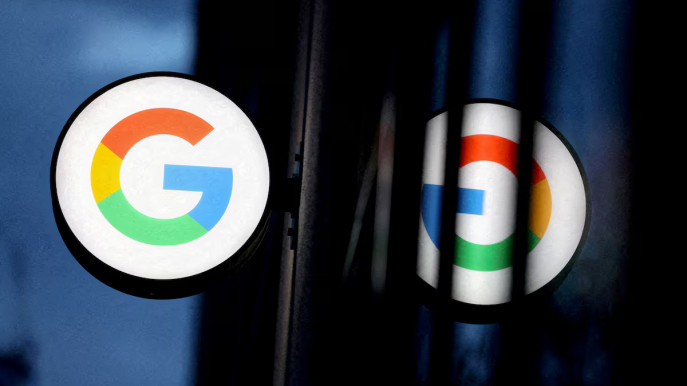
On Wednesday, Alphabet’s (GOOGL.O) Google unit won a legal challenge against a 1.49 billion euro ($1.7 billion) antitrust fine imposed by the European Union. Meanwhile, Qualcomm (QCOM.O) was unsuccessful in overturning its penalty.
The rulings highlight outgoing EU antitrust chief Margrethe Vestager’s mixed success in defending her actions against Big Tech in court. Last week, she achieved two significant victories: one against Google in a different case and another concerning Apple’s tax agreement with Irish authorities.
In its 2019 decision, the European Commission stated that Google had abused its market dominance by preventing websites from using alternative brokers to its AdSense platform for search advertisements. The commission deemed these practices illegal, and they occurred between 2006 and 2016.
The Luxembourg-based General Court largely concurred with the European Union competition enforcer’s evaluations of the case but overturned the fine. The court ruled that the Commission had not considered all relevant circumstances.
The judges stated, “The Commission also failed to prove that the contested clauses had, first, potentially discouraged innovation, second, assisted Google in maintaining and reinforcing its dominant position in the national markets for online search advertising, and third, potentially harmed consumers.
Google’s Case Involves Limited Text-Only Ads on Specific Websites
In an email, the company stated, “We revised our contracts in 2016 to eliminate the disputed provisions, even before the Commission’s decision. We are pleased that the court has acknowledged errors in the original ruling and annulled the fine.”
The Commission, which has the option to appeal to the EU Court of Justice (CJEU) on legal grounds, stated that it would review the judgment and consider its next steps.
Microsoft (MSFT.O) filed a complaint in 2010, which led to the AdSense fine. This was part of three fines against Google, totaling 8.25 billion euros.
Last week, the company lost its final appeal against a 2.42 billion euro fine imposed for using its price comparison shopping service to unfairly benefit over smaller European competitors.
In Qualcomm’s case, the U.S. chipmaker succeeded in persuading the General Court to reduce its EU antitrust fine from 242 million euros to 238.7 million euros.
Udges threw out all its arguments. The Commission issued the fine in 2019, stating that Qualcomm sold its chipsets below cost between 2009 and 2011 in a practice called predatory pricing, aimed at undermining British competition. phone software maker Icera, which is now part of Nvidia Corp (NVDA.O), opens new tab.